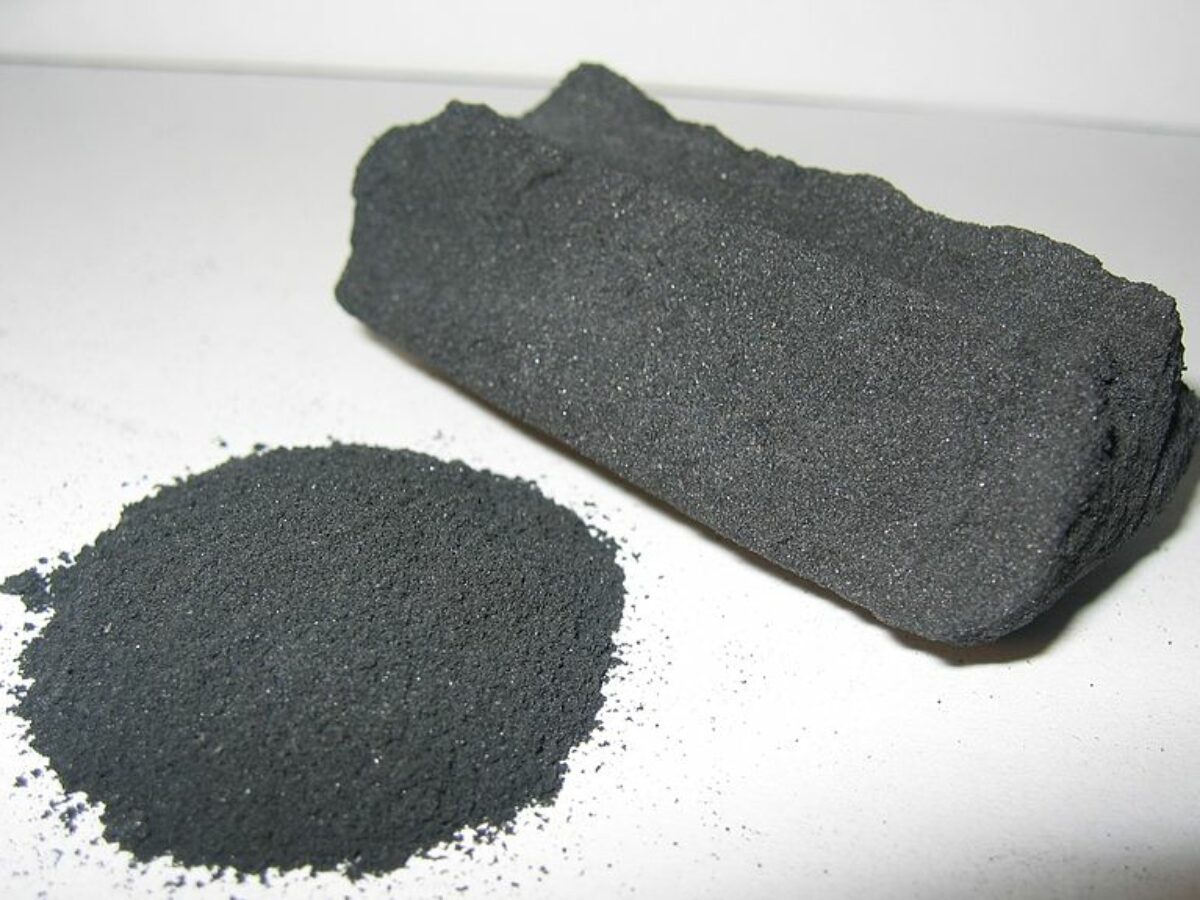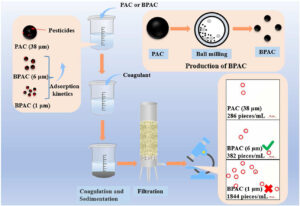Smaller is better for filtering out pesticides, researchers find

Water scientists from University of South Australia (UniSA) and China’s Xi’an University of Architecture & Technology have found an improved way of removing organic pesticides from drinking water.
According to a statement from UniSA on Thursday, researchers found that decreasing the size of powdered activated carbon — PAC, which is currently used to remove organic pesticides from drinking water – meant less was needed.
The team’s work, published in Chemosphere, showed that reducing particle size from 38 μm (one millionth of a metre) to 6 μm, up to 75 per cent less powder was needed to remove six common pesticides.

Picture: Chemosphere, Volume 359, July 2024
The smaller size of the ball-milled particles meant that they were still large enough to be filtered out after adsorption, meaning they did not end up in the drinking water after pesticides were removed.
Professor Jinming Duan said, “Pesticides cannot be removed using conventional water treatment processes such as flocculation, sedimentation and filtration.
“Powdered activated carbon does the job, but the existing methods have limitations. Our study has identified how we can make this process more efficient.”
The researchers plan to explore super-fine activated carbon in removing PFAS and PFCs, which are two families of industrial chemicals increasingly linked to health problems.
The team's paper can be accessed here.
Picture: Activated carbon both in powder and block form (credit Ravedave, CC BY-SA 3.0)
Further reading
UQ PFAS removal invention moves towards commercialisation
@aumanufacturing Sections
Analysis and Commentary Awards casino reviews Defence Gambling Manufacturing News Online Casino Podcast Technology Videos





